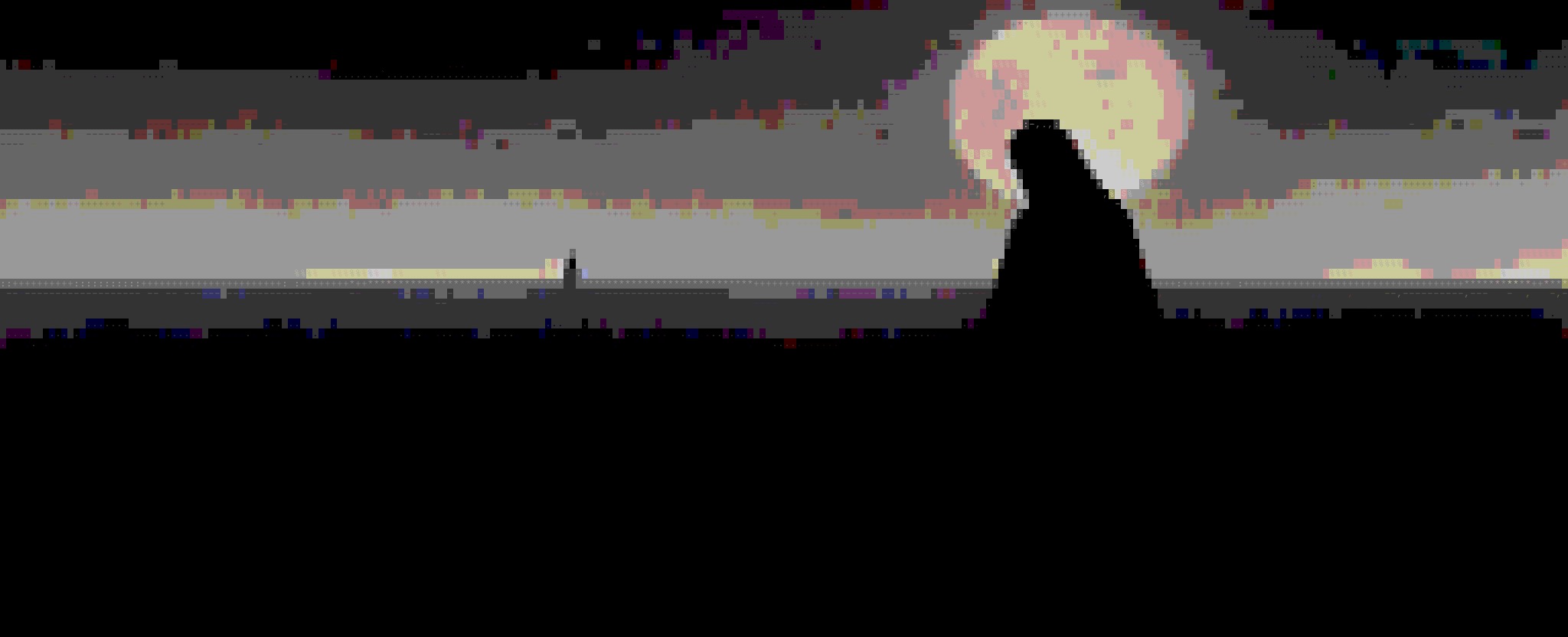Philosophy begins in wonder. And at the end when philosophic thought has done its best the wonder remains.
— Alfred North Whitehead
In philosophy, if you think the answer is obvious, you haven't understood the question.
— Keith Frankish
1.
I have decided to experiment with a new format here. It often takes me longer than I'd like to write/edit essay-style writing on this site. My goal in building and maintaining this little thing was always to solidify philosophical ideas of mine that were sort of just floating around in my thinking or scribbled in a notebook somewhere.
2.
The new format is this. Numbered chunks of a few sentences or paragraphs. Just having numbered "thoughts" or "propositions" or whatever you want to call them is certainly a less organized mode of capturing thought, but I think it also wins over the essay in several important categories. I've borrowed this style from several philosophical heroes of mine and I think it served them well and maybe even enhanced my understanding of their ideas.
3.
One change that has come over me philosophically in the last several years is an emphasis on not expressing/having complete certainty on most philosophical issues and being ok with that. I think that intellectual humility in the face of issues that have puzzled humans for thousands of years is the correct response. Empirically speaking, we should take seriously the notion that philosophical problems have been around for as long as humans have and have resisted simple conclusions. For me, this change amounts to a shift from "I think X" to "I assign a high credence to X".
4.
In my personal experience, the less someone acknowledges tensions between their various philosophical commitments and the more convinced they are that have it all figured out, the less powerful their problem-solving seems to be. (I include parts of myself and previous iterations of myself in there.)
5.
I used to fear thinking about philosophical problems and forbid myself from thinking about them because I knew certainty was unlikely to be found. The floor would fall out from under me. This has always discomforted me, and sometimes, I would be up until 2 in the morning, puzzling over something. Rather than fearing to play the game just because an all-out win was unlikely, I have come to enjoy the playing of the game.
6.
I have recently been reading Eric Schwitzgebel's The Weirdness of the World. This book has significantly reinforced the themes of epistemic humility and withholding some certainty in philosophical thinking for me. In this book, Schwitzgebel claims that the proposed solutions to most major philosophical problems have Universal Bizzarness and Universal Dubiety. The former, by Schwitzgebel's definition, means that these proposed solutions have implications contrary to common sense and the latter means that these proposed solutions do not resoundingly compel belief. I think he is correct. Why that is the case is an interesting question for later, perhaps.
7.
This new format accomplishes two things, one reflecting my changing philosophical attitude and one practical. First, it reflects some of the uncertainty involved in tackling philosophical problems in its denial of opening-body-conclusion type of thinking. Second, it makes creating these notes less time-consuming and lowers the pressure a bit, which I hope can speed up the process and make it more fun.
8.
I hope to be every bit as precise in my thinking with this new format, but perhaps to relax a bit more about essay structure and completeness of "answers".
